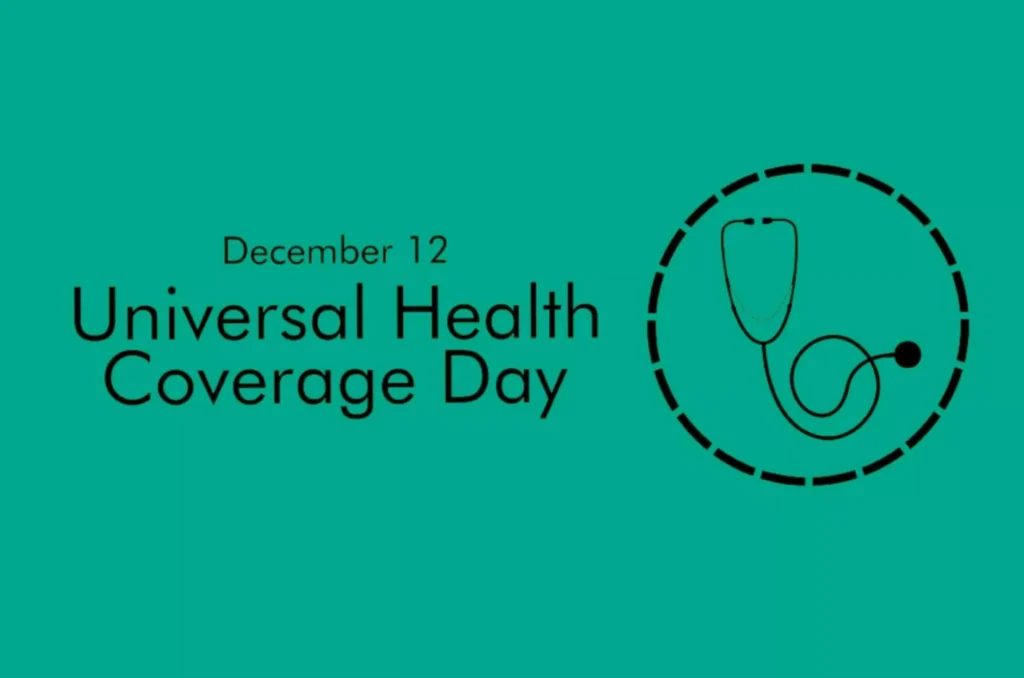Anemia is one of the most common — and at the same time, one of the most overlooked — conditions in patients. In military medicine, however, it often comes to the forefront. Because here, everything is at the limit: time, resources, and human capacity.
That’s why Delta Medical supports not just treatment, but comprehensive approaches that allow doctors to act quickly, safely, and effectively. One such approach is Patient Blood Management (PBM).
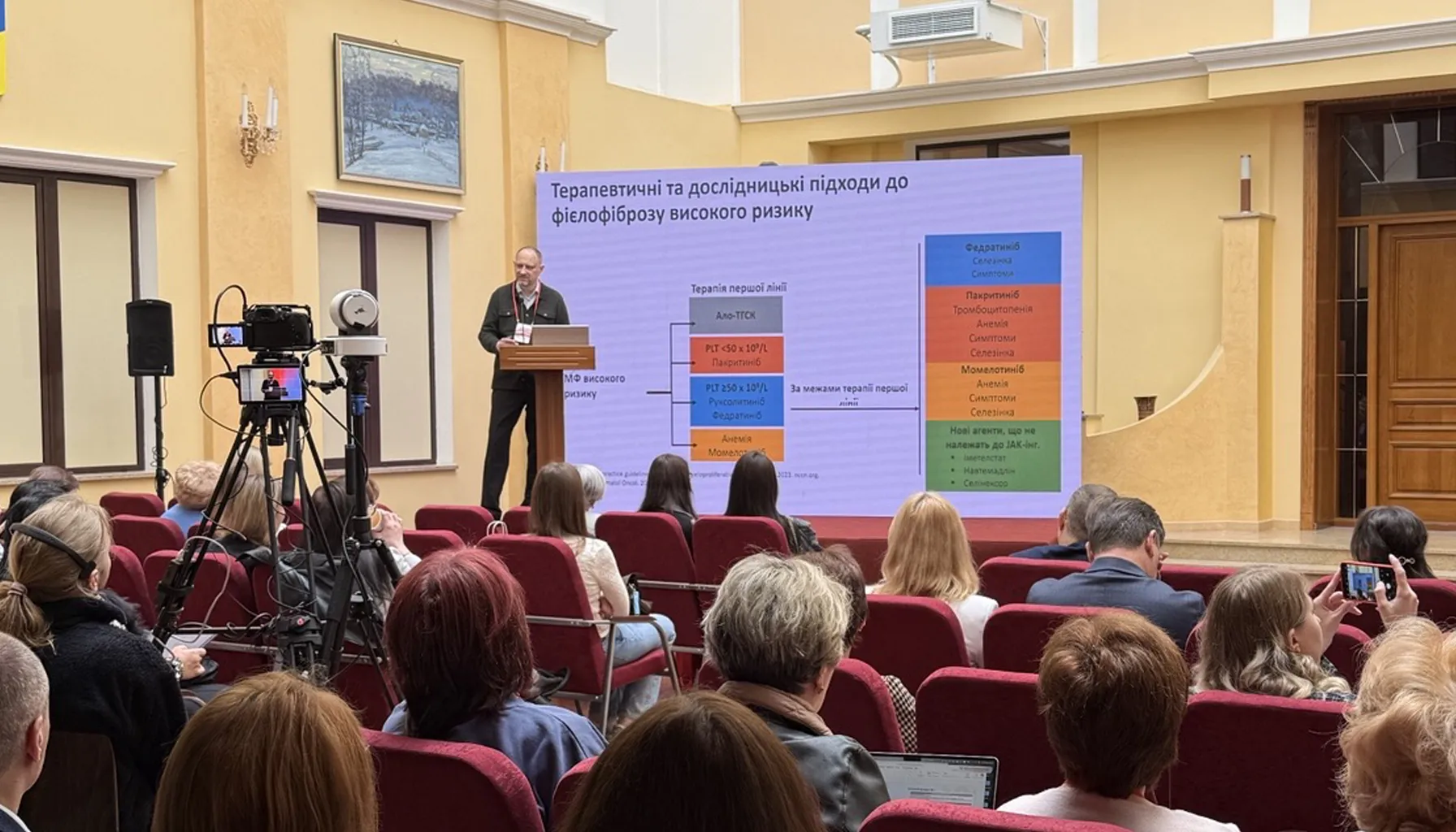
Anemia in Combat Casualties: Why Patient Blood Management (PBM) Matters
PBM is a patient-centered strategy that helps:
– avoid unnecessary blood transfusions,
– manage blood loss more effectively,
– accelerate recovery after surgery or critical conditions.
So it’s not about “fighting transfusions” — it’s about smart resource planning, both the doctor’s and the patient’s. The idea is simple: don’t wait until a transfusion becomes necessary — do everything to prevent needing one in the first place. That’s exactly why PBM matters in military medicine, where there’s no time to hesitate. Decisions must work — immediately.
Global PBM Success Stories: Australia, Germany, the USA, Switzerland
– Australia has national protocols,
– Germany runs hospitals without blood banks — and with no harm to patients,
– The US and Switzerland recognize PBM as a Joint Commission standard.
In Ukraine, the movement is just beginning. But even now, many cardiac and oncologic surgeons are integrating PBM into practice — especially where blood donations are limited.
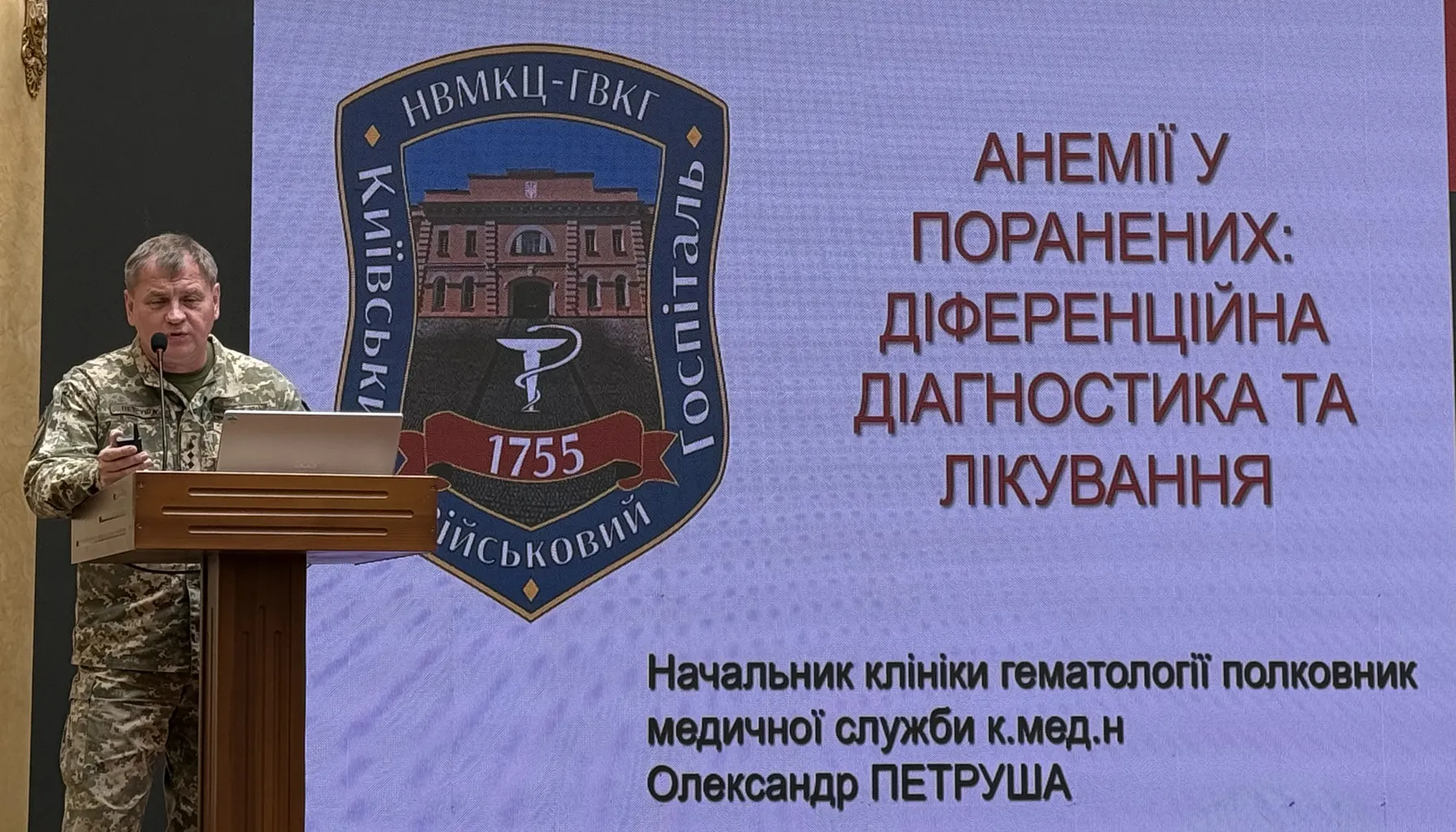
Delta Medical at the Hematology Conference in Lutsk: Key Insights from Ukrainian Clinicians
Recently, the Delta Medical team took part in the IV Scientific and Practical Conference “Diagnosis and Treatment of Hematologic Diseases,” organized by the Ukrainian Society of Hematologists in Lutsk. It was a space for exchanging experience, discussing complex cases, and exploring new approaches that are transforming clinical practice.
A highlight of the event was the talk by Colonel Oleksandr Olehovych Petrusha, PhD in Medicine and head of the Hematology Clinic at the National Military Medical Clinical Center of the Ministry of Defense of Ukraine. His words summed up the core of the modern approach to anemia:
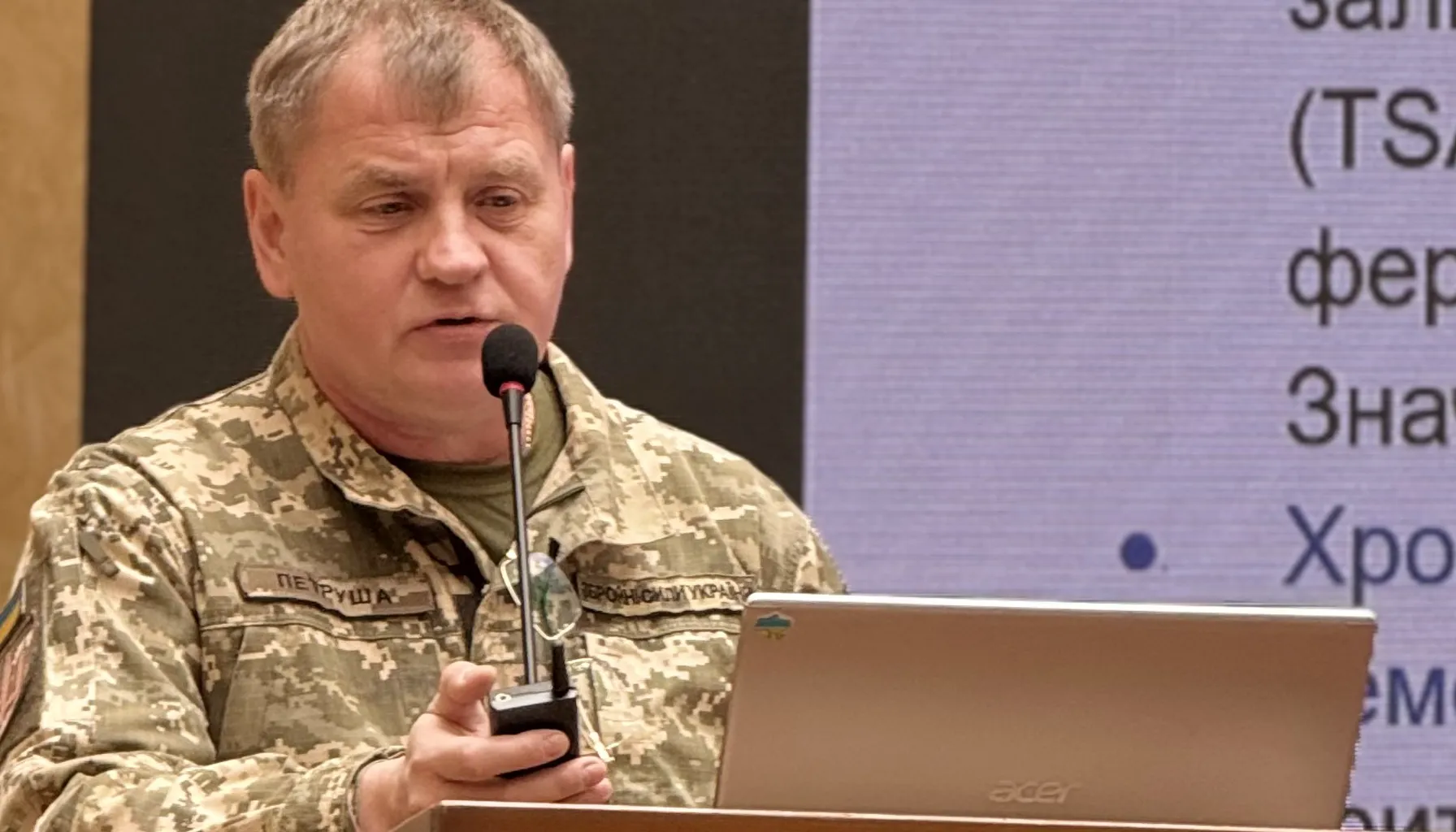
“Anemia of chronic disease in the wounded isn’t something for a hematologist alone. It should be treated by the physician managing the actual wound — a surgeon, a trauma surgeon, a nephrologist running dialysis after tourniquet syndrome… And of course, we must address and treat sepsis as well.”
The Three Pillars of PBM in Battlefield Medicine
PBM consists of three main pillars — each one critical in managing care for the wounded:
- Optimizing erythropoiesis.
- Don’t wait until anemia worsens. Correct deficiencies early and support red blood cell production — especially before surgery, even if it can’t be delayed.
- Minimizing blood loss.
In battlefield surgery, every drop of blood is vital. Gentle surgical techniques, smooth teamwork between surgeon and anesthesiologist, and strong hemostasis control can prevent life-threatening losses.
- Improving tolerance to anemia.
A stable patient with good oxygenation may not need a transfusion even at 75–80 g/L hemoglobin. This shift in mindset is part of a new clinical paradigm.
This approach not only helps physicians — it saves lives by enabling wiser use of limited resources, especially during wartime.
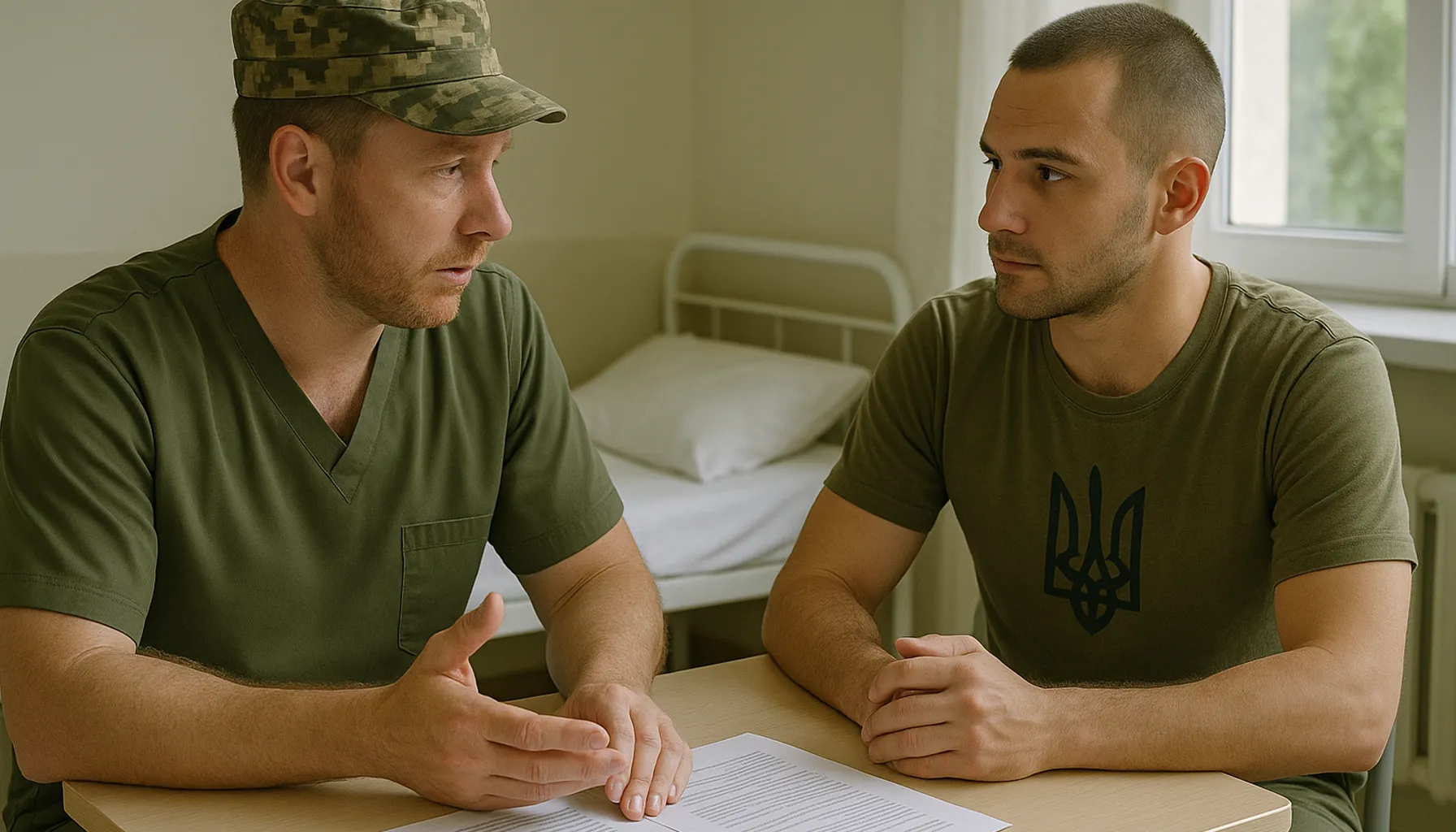
How Delta Medical Accelerates PBM Adoption in Ukraine
Delta Medical actively supports PBM implementation in both military and civilian hospitals. Our work goes beyond pharmaceuticals: we support systems, approaches, and education. We engage with doctors dealing with high-stakes cases every day. And we see how clinical practice changes rapidly when reliable tools are added to the workflow.
That’s why events like the Lutsk conference are more than just formalities to us. They are an opportunity to:
– connect with those working on the front lines of medicine,
– understand their needs and daily challenges,
– offer meaningful support where it’s truly needed.
Next Steps: Scaling PBM Across Military and Civilian Hospitals
We’re grateful to the Ukrainian Society of Hematologists for the opportunity to be part of a professional community shaping a new medical culture. Our thanks also go to Colonel Petrusha and all doctors in military hospitals for their trust and openness to partnership.
We look forward to our next meeting — not only to discuss what can still be improved, but to celebrate the progress already made.

